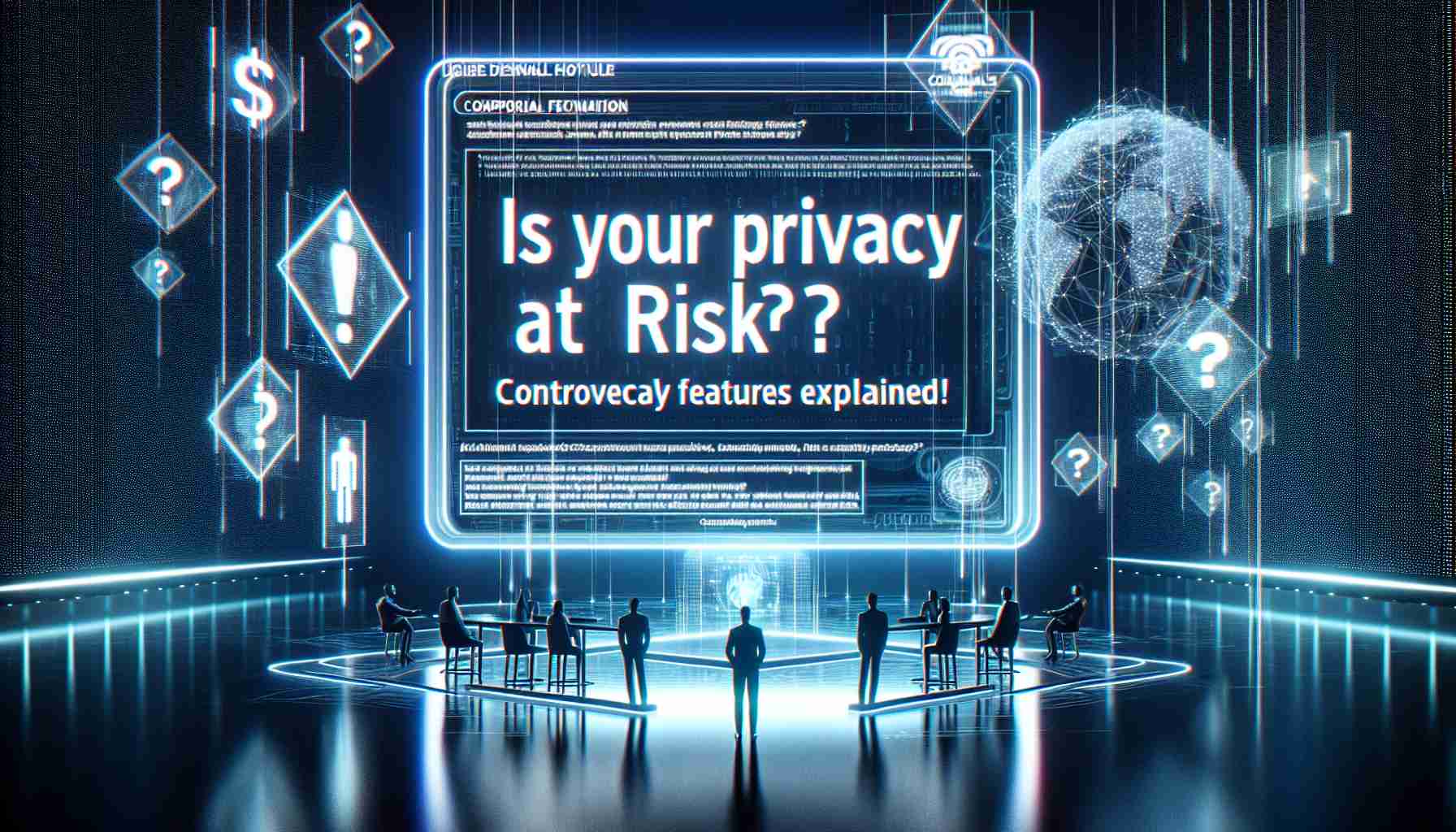Understanding Microsoft Recall’s Privacy Concerns
Microsoft Recall has stirred much debate since its initial announcement, drawing criticism over potential privacy risks. Concerns heightened when reports surfaced about the tool capturing sensitive information like credit card details and Social Security numbers. In response, Microsoft has temporarily paused Recall testing to enhance its security features before a stable version is rolled out in the upcoming weeks.
Despite the ongoing controversy, Recall is already in a testing phase for select users. Reports indicate some functionalities may be too intrusive for comfort; however, Microsoft has provided a number of assurances regarding user safety. For starters, Recall is entirely optional. During the initial setup of a compatible PC, users can choose not to enable the feature and can opt-out later at any time.
Moreover, Microsoft emphasizes that any data collected is encrypted using secure keys to protect user privacy. Recall’s operational processes are also segmented within a secure environment known as Virtualization-Based Security (VBS), adding a layer of protection. Furthermore, every action taken by Recall requires prior approval through Windows Hello, ensuring that users retain control over their data.
For those concerned about privacy, it’s worth noting that users can customize settings to exclude specific websites or services. However, this feature was not functional in the initial testing version. As of now, Recall remains in a preliminary phase, with limited compatibility across devices.
Unpacking Microsoft Recall: Privacy, Features, and Future Prospects
Microsoft Recall has emerged as a focal point of conversation regarding digital privacy and security. As the tech giant tests this new tool, it is essential to delve deeper into its features, potential implications, and how it compares to existing technologies in the market.
Key Features of Microsoft Recall
Microsoft Recall offers a variety of functionalities designed to assist users in managing sensitive information efficiently. Some of the noteworthy features include:
– Encryption Standards: Recall utilizes advanced encryption protocols to safeguard personal data. This ensures that sensitive information remains protected against unauthorized access.
– Virtualization-Based Security (VBS): The tool operates within a secure framework known as VBS, which enhances security by isolating sensitive operations from other processes, thereby mitigating risks.
– User Control: Through Windows Hello, users have to give explicit permission for actions taken by Recall, ensuring that they remain in the driver’s seat regarding their data.
Pros and Cons of Microsoft Recall
Pros:
1. Enhanced Security Measures: The implementation of strong encryption and VBS is a significant step in bolstering data protection.
2. Customizable Settings: Users can exclude certain websites or services from data capture, providing personalized privacy controls.
3. User Empowerment: The necessity for user approval before data actions fosters a sense of control and agency.
Cons:
1. Initial Limitations: Customization features were not functional during initial testing phases, which may deter early adopters.
2. Privacy Concerns: Ongoing debates around data capture, including sensitive personal information, require transparent communication from Microsoft.
3. Compatibility Issues: As Recall is still in its preliminary phase, not all devices support the feature, limiting user access.
Market Trends and Insights
The introduction of Recall reflects a growing trend within the tech industry focusing on privacy and data security. With increasing scrutiny from consumers and regulatory bodies, companies are pushed to enhance their security features and be transparent about data usage.
Additionally, estimates indicate that demand for privacy-focused tools is on the rise, with a significant portion of users actively seeking solutions that ensure data security without compromising functionality.
Security Aspects of Microsoft Recall
Microsoft has taken notable steps to address privacy concerns proactively. The reliance on robust encryption, combined with user-centric controls, positions Recall as a leader in privacy assurance. However, ongoing enhancements and public dialogue will be essential to regain trust and ensure a broad user base.
Future Predictions and Innovations
As Microsoft progresses with developing Recall, further innovations may emerge, such as:
– Improved Customization: Future versions might offer better control and more features for data management, responding directly to tester feedback.
– Broader Compatibility: Expanding compatibility across a wider range of devices will likely be pivotal in increasing user adoption.
– Increased Transparency: Microsoft may implement new strategies to communicate data collection practices more clearly to alleviate privacy concerns.
For additional insights into Microsoft’s initiatives and updates on Microsoft Recall, visit Microsoft.
